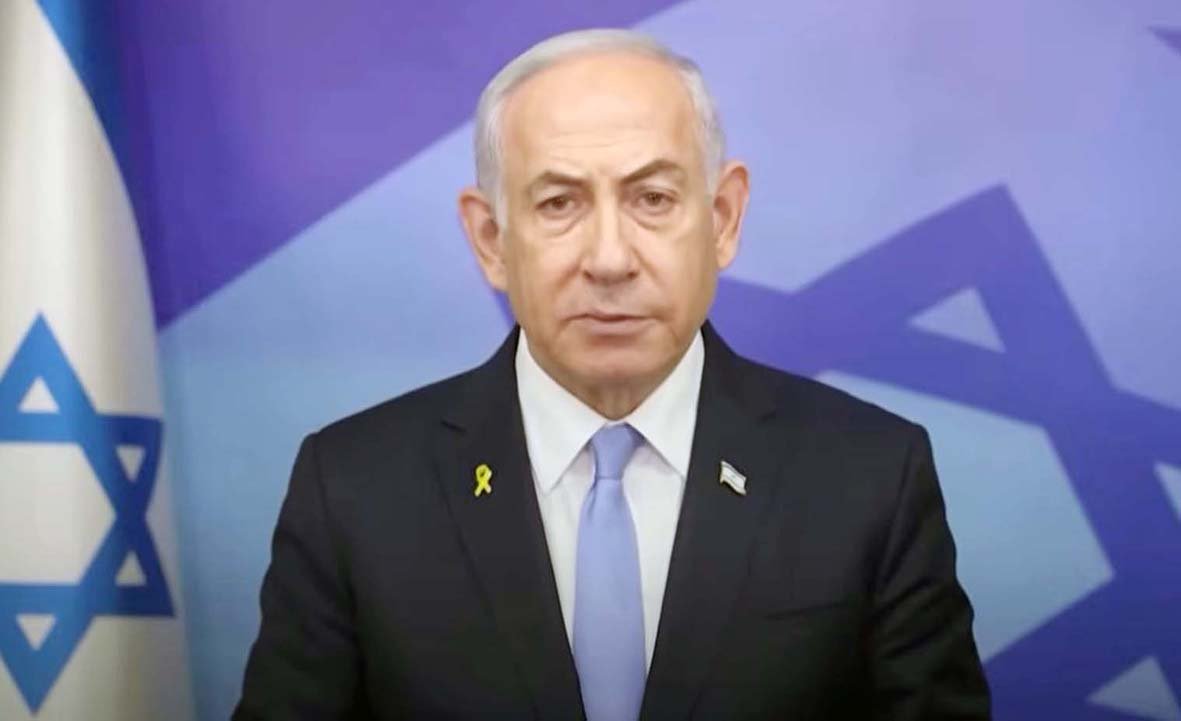The Israel Defense Forces (IDF) has suggested a truce with Lebanon, claiming that the current conditions are appropriate for de-escalation. This idea comes as ongoing conflict with Hezbollah continues to deplete military resources and deepen regional instability. According to reports, Israeli Prime Minister Benjamin Netanyahu is examining the suggestion amidst continued cross-border missile exchanges and international diplomatic efforts to cease the conflict.
Conflict Intensifies on the Israel-Lebanon Border
Since the battle began last month, Hezbollah has launched over 400 rockets into northern and central Israel. Key areas, like Haifa and Karmiel, have been targeted, causing injuries and substantial damage. The IDF reacted with nearly 150 attacks on Hezbollah locations, targeting infrastructure and eliminating important operatives, including Ali Tawfiq Dweiq, a leader of Hezbollah’s medium-range rocket squad. Despite these attempts, civilian casualties have escalated on both sides, with over 200 children killed in Lebanon in recent weeks, according to UNICEF data.
Humanitarian and Political Pressures
The violence has gained worldwide attention, with the United States and European nations urging calm. A U.S. envoy’s recent visit to the region tried to mediate a ceasefire, suggesting increased international pressure on Israel and Hezbollah to halt hostilities. Humanitarian organizations have also highlighted worries about the toll on people. James Elder, a spokesperson for UNICEF, criticized the widespread injury to children, underlining the urgent need for de-escalation.
Strategic and Emotional Stakes
For Israel, the battle faces a twofold challenge: ensuring security while minimizing collateral damage that could spark future antagonism. Within Lebanon, the civilian population continues to face the brunt of the violence, with many villages enduring displacement and restricted access to supplies. International experts worry that without a truce, the humanitarian catastrophe might escalate, severely destabilizing the region.
Diplomatic Hurdles
Despite the IDF’s acceptance of a ceasefire, suspicion continues inside Israel’s political and military leadership. Some officials have expressed fears that suspending operations now could allow Hezbollah to regroup. However, the escalating toll on Israeli communities, including economic disruptions and civilian injuries, raises pressure for a negotiated settlement.
Netanyahu is anticipated to examine these concerns in the coming days as the international community closely follows developments. Meanwhile, Hezbollah commander Naim Qassem has yet to comment publicly on the ceasefire discussions, raising ambiguity over the group’s attitude.
Sources
- Times of Israel, “IDF supports Lebanon ceasefire” – The Times of Israel, The Times of Israel
- UNICEF and UN reports on civilian casualties and humanitarian crises – The Times of Israel, The Times of Israel
